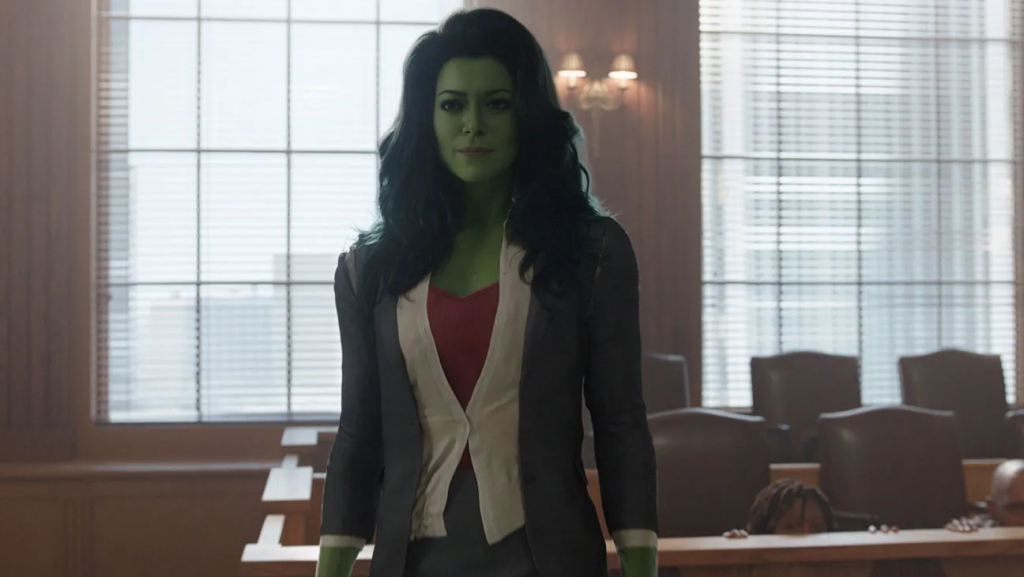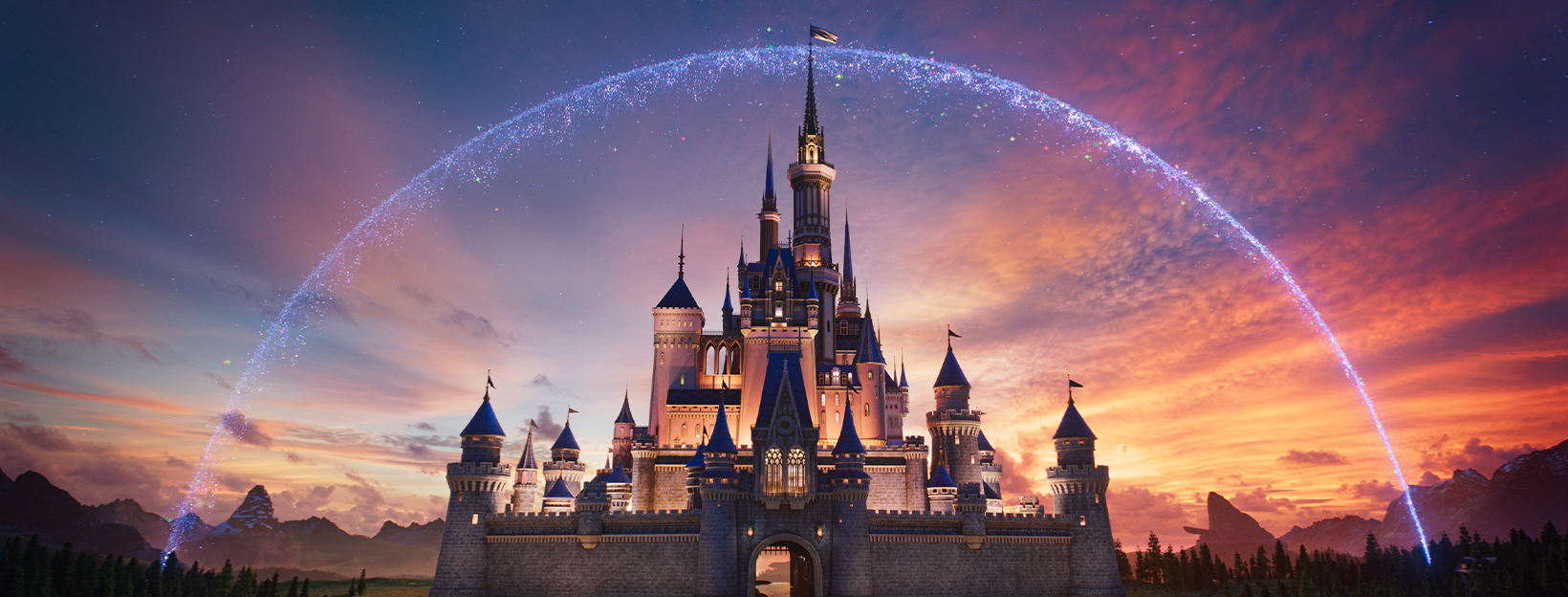On October 16, 1923, Walt Disney and his brother Roy founded the Disney Brothers Cartoon Studio, changing the course of media and entertainment forever. The Disney brand has since risen to become the single largest media conglomerate in the entire world, urged on by its cult-like following hundreds of millions strong. Its ability to create beloved characters and timeless stories that resonate with the public propelled it to remarkable success, inspiring audiences across the world with countless iconic franchises such as Mickey Mouse, Star Wars, the Marvel Cinematic Universe and Pirates of the Caribbean. Disney’s influence extends into almost every corner of public and private life in a way that few companies have ever achieved.
That should concern you, because the Walt Disney Company today is no longer the Disney we once knew. This is a Disney whose creative spark and magic has been crushed by corporatism and forced to conform to greedy and out-of-touch executives. This is a Disney that has corrupted and destroyed countless beloved franchises in the name of ‘diversity’, and completely ignored the fans who made them rich in their ever-growing politicisation. The company reported a staggering $1.4 billion in losses from movies and TV shows just last year, accompanied by accumulated losses of over $11 billion on their streaming service Disney+ and a decline of over $100 billion in their total valuation since 2021. Despite these astronomical losses, I can’t say that the Walt Disney Company will ever truly fail, but it will certainly never be the universally-loved company that it once was. This is the downfall of Disney.
Creative Death
Disney saw incredible commercial success throughout the late 1900s, and quickly entered negotiations with multiple rising companies in the entertainment space as the 2000s came around. Under CEO Bob Iger, Disney would end up acquiring a number of iconic studios and franchises. This included Marvel, Lucasfilm and 20th Century Fox, which very much solidified Disney as a behemoth of modern media. But it was this relentless desire to buy out their competitors and eliminate any competition in the market that first revealed a fundamental problem in modern Disney. Corporatism was stifling the creative vision of the company. This quickly became clear with Disney’s lacklustre production of the Star Wars sequel trilogy after acquiring Lucasfilm in 2012, in which Disney completely disregarded George Lucas’ original script for the movies in favour of a ‘safer’ and less ambitious plot.
It was this incident that first revealed the downfall of the adventurism and creative spark that had made Disney famous. The final film in the trilogy, The Rise of Skywalker (2019), felt like a reboot of the entire sequel rather than a continuation of the events in The Last Jedi (2017). This understandably outraged many fans, who regarded the film as an insult to Lucas’ vision and Star Wars’ legacy. The departure of John Lasseter, Pixar’s chief creative officer, in 2017, only sped up Disney’s creative ‘death’, with Incredibles 2 (2018) and Toy Story 4 (2019) being Pixar’s last two truly successful films.

Low-Effort Remakes
By that point, Disney was already basically intoxicated by the stupendous amounts of money they could rake in from live-action remakes of their old movies, given the success of The Jungle Book (2016) and Beauty and the Beast (2017). The eye-watering $1.7 billion box office of The Lion King (2019) and $1 billion box office of Aladdin (2019) further convinced Disney that the marketability of the franchises they had already created was enough to guarantee a profit and that making new stories from scratch was no longer necessary. From then on, Disney would shift its business plan to trying to milk as much money as possible from low-effort sequels and remakes of their old films.
Movies such as Frozen II (2019), Mulan (2020) and The Little Mermaid (2023) ended up with poorly-written, convoluted plots, but still grossed hundreds of millions of dollars simply because they belonged to a famous franchise or had iconic characters. Since then, the company has never quite been the same. Corporate greed has utterly swallowed Disney’s creativity and magic in a sequence of events almost a decade in the making.
Bob Chapek
The downfall of modern Disney has been influenced by many individuals, but none more so than former CEO Bob Chapek. Following Iger’s sudden retirement from the company in 2020, Chapek, then Chairman of Disney Parks, became his successor. However, it was all too clear that that Chapek was a man who was completely unfamiliar with the culture of Disney as a company, one who sought profit through any means necessary.
His regime began with finishing what he couldn’t as Chairman of Disney Parks, and completely phased out the highly successful FastPass. He then replaced it with Genie+, a decision that forced visitors to pay for frontline access to all attractions. Chapek is largely responsible for the hatred and contempt many people hold for Disney theme parks today, with some of his decisions involving dramatically reducing food portions at restaurants, severely lowering staff and focusing on marketing instead of developing unique attractions for fans. Throughout his disastrous tenure, Chapek contributed to the destruction of the Disney brand and the erosion of consumer trust. This was not only through his complete mismanagement of the parks division, but his utter inability to understand streaming.

The Problem with Streaming
The much bigger problem with Chapek was that he somehow believed Disney+ could be a substitute to theatres. He thus decided to release several high-profile films such as Soul (2020), Luca (2021), Turning Red (2022) and bizarrely, Black Widow (2021), exclusively on the streaming platform, the latter of which resulted in a successful lawsuit from actress Scarlett Johansson that cost the company over $40 million. His over dependence on Disney+ set a dangerous precedent that caused much of the expectation and hype surrounding theatres to disappear. This caused films such as Lightyear (2022) and Elemental (2023) to bomb at the box office when they were released.
Before the board fired him in late 2022, Chapek further damaged Disney’s public image by outright claiming that adults did not watch animated films, which completely contradicted Walt Disney’s vision of animation being for everyone. Few CEOs have been so incompetent that they unintentionally destroyed their company from within, but it seems that Chapek falls into this category. While he is by no means solely responsible, Bob Chapek has played a pivotal role in the downfall of Disney.
Political Engagement
The single greatest factor in Disney’s crumbling empire has been the company’s increasing engagement with politics. Disney has destroyed iconic franchises and sacrificed perfectly good stories by incorporating progressive themes and LGBTQ+ characters into its media. Wokeness has completely infected Disney and fuelled the company’s downfall.
This is evident in all levels of the company’s leadership down to the shareholders. Karen Burke, President of 20th Century Fox Television, stated that “half of all Disney characters should represent a racial minority or the LGBTQ community in the future” in a leaked video, and Disney executive producer Latoya Raveneau bragging about her “not at all secret gay agenda” in a meeting. I have no problem with themes relating to racial diversity or sexual orientation appearing in media, but Disney incorporates them to such an extent that they actively detriment the quality of the story and expose the young children watching to overly politicised and sexualised content.
Recent Releases
We see the deeply political nature of Disney’s content in the TV series She-Hulk: Attorney at Law (2022). This turned a story with great potential into a condescending, unwatchable lecture on catcalling and the everyday struggles of women. Some of my favourite films have had female protagonists and I support media that attempts to convey positive messages, but not to the point where it actively reprimands its male audience and destroys its own storyline, as shown in She-Hulk’s terrible reviews.

The upcoming live-action remake of Snow White (2025) casts Rachel Zegler, an actress of Hispanic descent, to play a character with “skin white as snow”. Snow White’s appearance is actually quite pivotal to the plot of the fairytale, and it is pretty clear that casting a Hispanic actor for the sake of ‘diversity’ was a completely inappropriate decision. In an interview, Zegler stated that Snow White would not be rescued by a prince and would not be dreaming of true love in Disney’s “modern” interpretation of the fairytale, which effectively ruins the entire premise of the story and defeats the point of a remake.
The Marvels (2023) and the new Star Wars TV series The Acolyte (2024), which producer Leslye Headland labelled as “the gayest Star Wars”, are yet more examples of Disney attempting to force diversity down its audience’s throat. In both cases, the racially diverse, sexually diverse, almost-entirely female cast of main characters with the underlying theme of ‘girl power’ felt unnatural and lifeless against nonexistent plots, resulting in truly abhorrent reviews.
Ron DeSantis
The downfall of Disney and its descent into wokeness famously brought them into conflict with Florida governor Ron DeSantis. This was after the company pledged to donate $5 million to organisations that opposed the Parental Rights in Education Act, a law signed by DeSantis that would prohibit discussions about sexual orientation in public schools up to third grade. Disney, however, would suffer greatly for its unnecessary incursion into Floridian politics. The Florida State Senate retaliated in April 2022 by repealing the Reedy Creek Improvement Act that gave Disney special tax privileges and allowed it to govern its own properties.
If Disney decided to hire real screenwriters and producers instead of woke, virtue-signalling activists today, it could leave this mess behind with at least a sliver of dignity. But as it stands, their relentless attempts to fulfil a woke agenda has fuelled the downfall of Disney and caused it to become one of the most hated corporations in the world.
Read more: The Insight Corner

